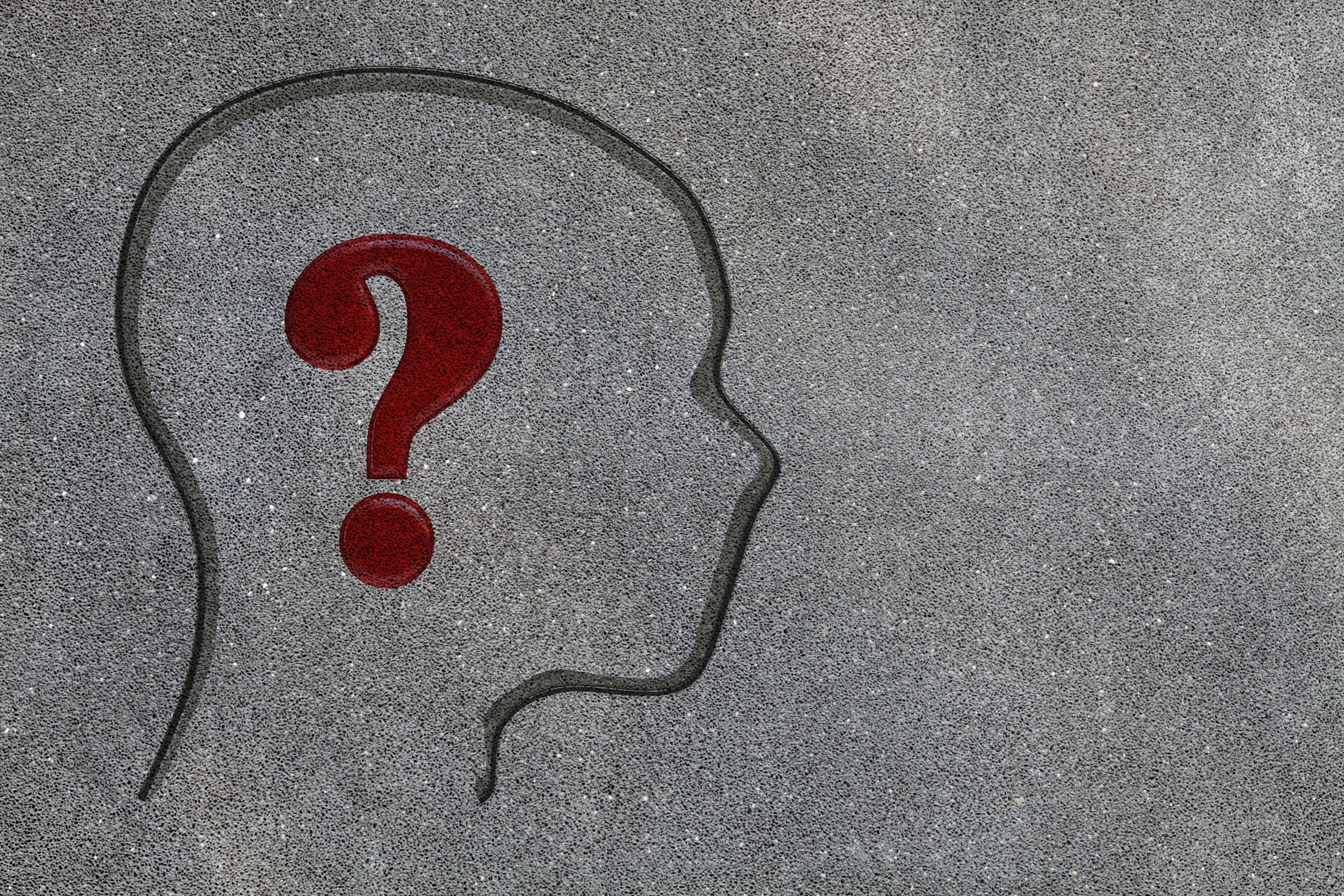Researchers at Northwestern Medicine have uncovered a mechanism they say contributes to the age-related accumulation of iron in the brain, a process some argue is a cause of cognitive decline. The study bolsters the hypothesis that reducing brain iron levels could combat neurodegenerative diseases such as Alzheimer’s.
Abnormal iron accumulation in the brain has recently been floated as a potential cause of age-related cognitive decline. Several studies over recent years have found links between elevated cortical iron levels and Alzheimer’s disease.
It has been established that iron accumulation in the brain can induce oxidative damage and enhance cell death. Aging has also been linked to increased iron levels in various tissues and organs, however, it hasn’t been clear exactly what mechanism could be causing this age-related disruption to iron metabolism.
This new study presents a thorough investigation into how iron accumulates in an organism as it ages and where in the body it predominantly concentrates. The researchers studied mice at various ages and first discovered that the brain seems to be the only organ where iron concentrations increase with age.
Zooming in on the cerebral cortex, an area of the brain known to be linked to age-related cognitive decline, the researchers discovered older mice showed higher levels of a hormone known as hepcidin. One of the major roles of this peptide hormone, primarily secreted by liver cells, is to help regulate systemic iron metabolism.
When produced by cells in the brain, hepcidin was found to inhibit the activity of a protein called ferroportin, which helps rid neuronal cells of iron. So increased production of hepcidin leads to decreased activity in ferroportin, resulting in heightened iron levels in key brain areas relating to cognition.
“We then assessed whether the increase in iron in the brain cortex of aged mice is associated with increased oxidative stress,” the researchers write in the new study. “Aconitase is a Fe/S-containing protein that is highly sensitive to oxidative stress. Our results demonstrated a decrease in both cytosolic and mitochondrial aconitase activity in the brain cortex of aged mice, being consistent with the notion that oxidative stress is increased in the aged brain.”
Iron is, of course, an essential molecule for healthy cellular functions. Some researchers have hypothesized a link between high iron levels and early mortality. This has led to work investigating whether treatment with drugs called iron chelators could restore normal iron metabolism in those experiencing high iron levels.
Iron chelators generally are unable to cross the blood-brain barrier, but there is one iron chelator that is known to effectively enter the brain and influence cerebral iron levels. A clinical trial is already underway to test whether this drug can slow the progression of Alzheimer’s disease.
“Not all chelators get through the barrier but one does,” said senior author Hossein Ardehali. “Exploring this possible therapy is our next step.”
The new study was published in the journal eLife.
Source: Northwestern Medicine




